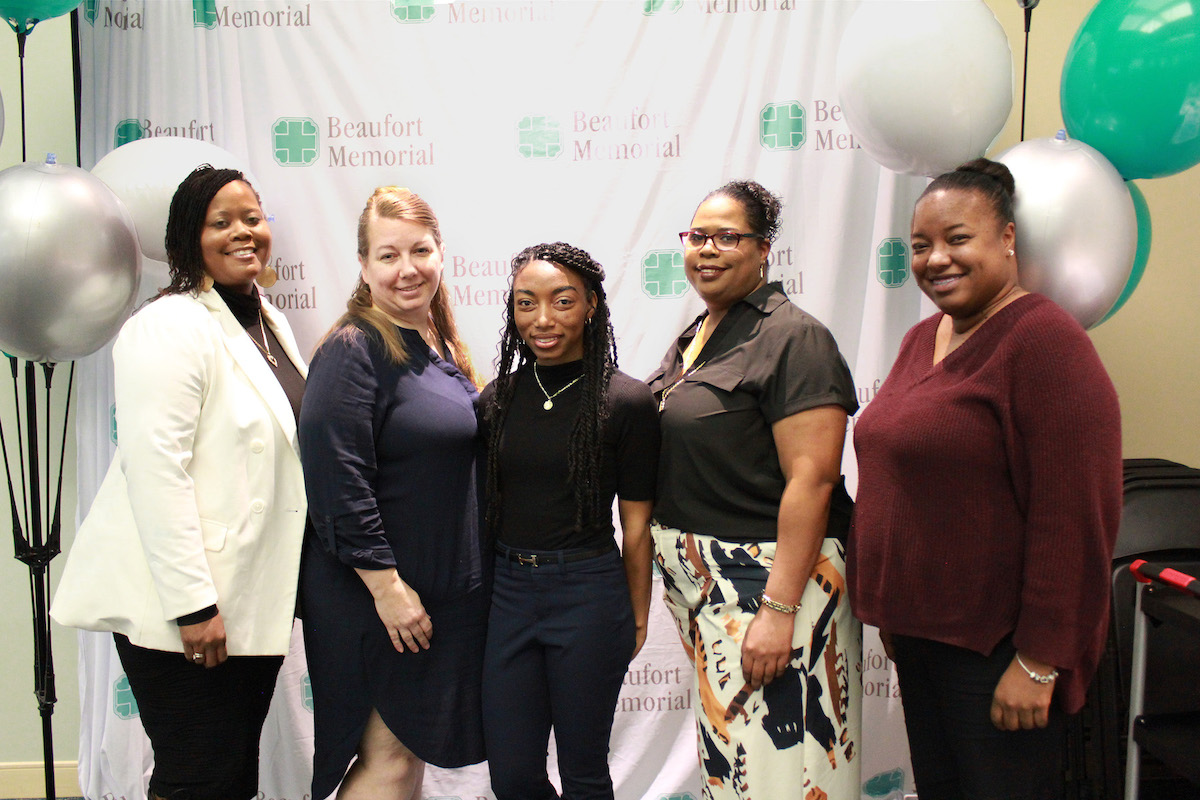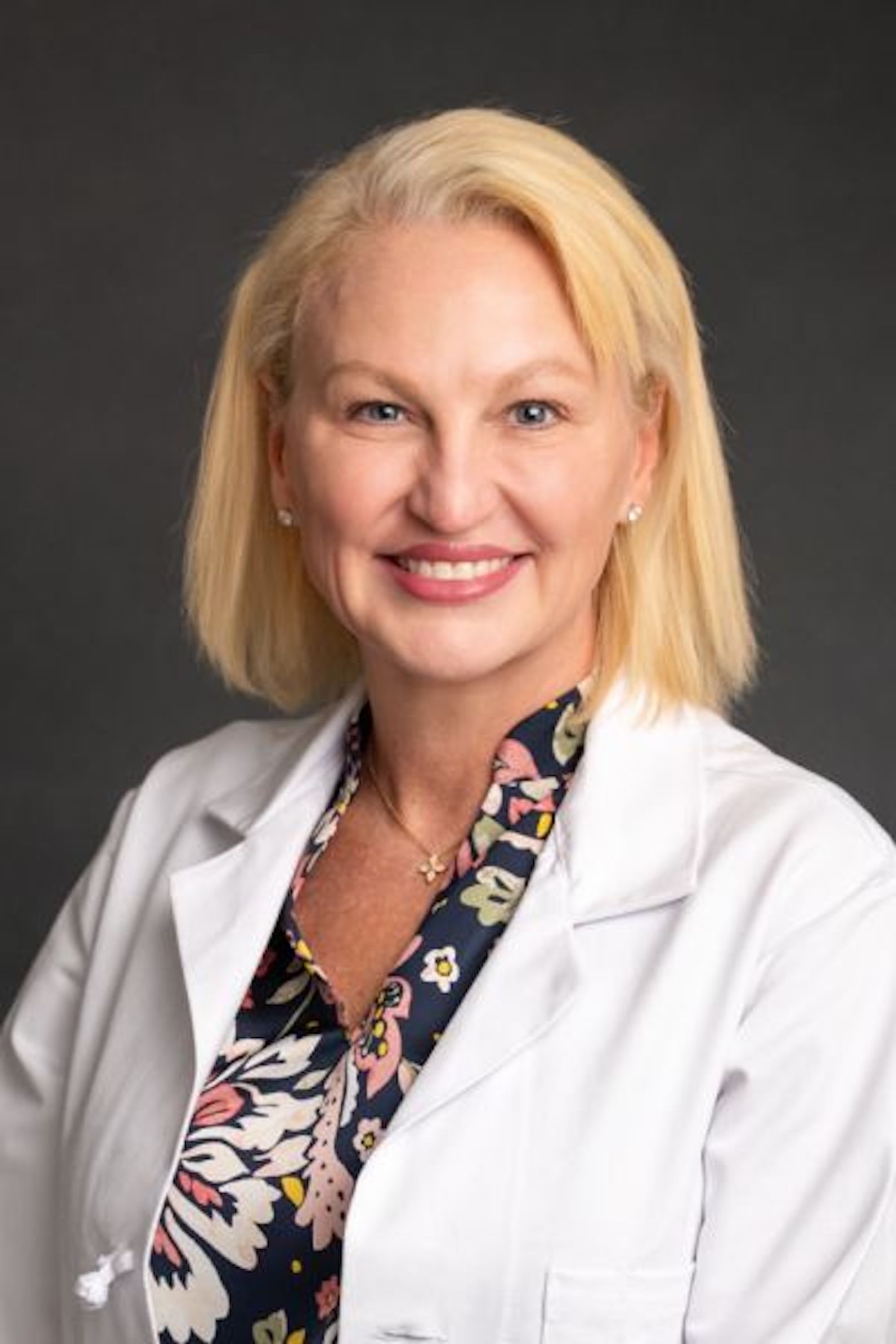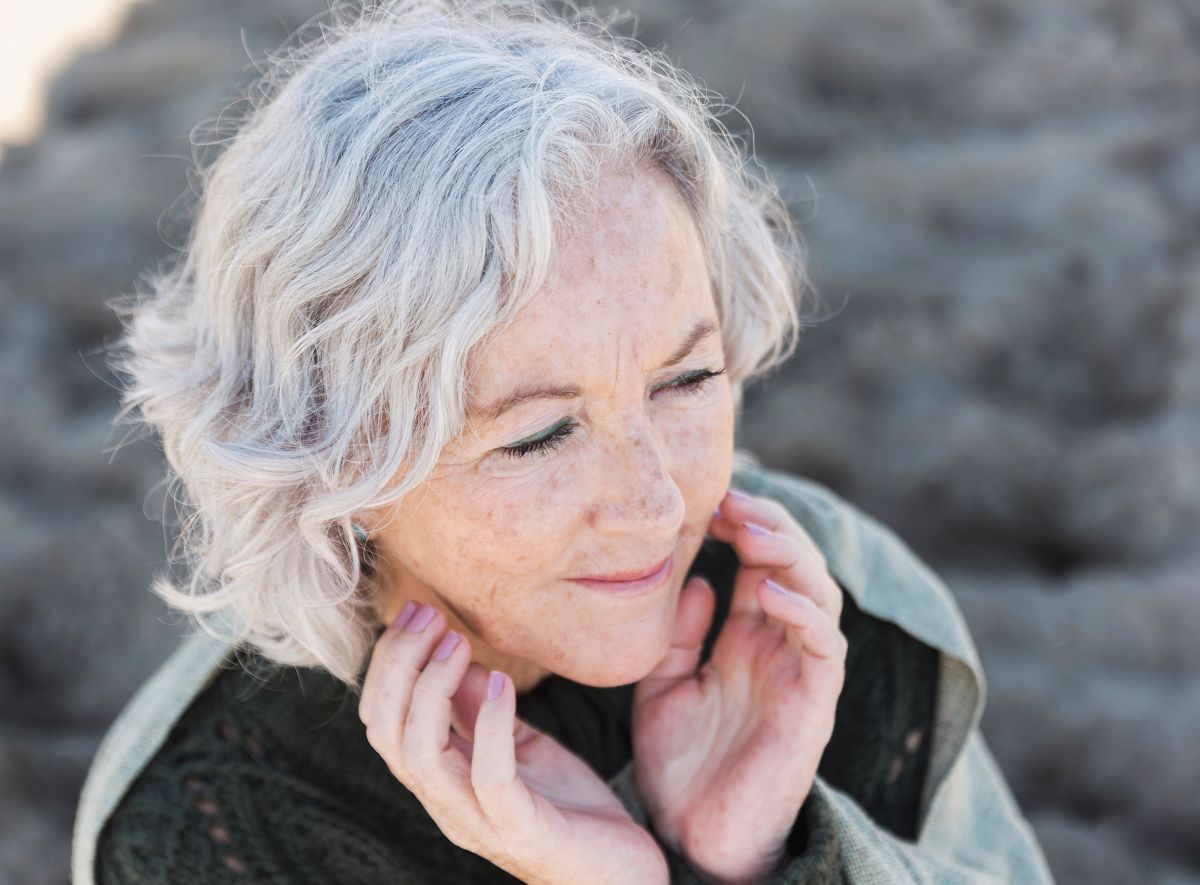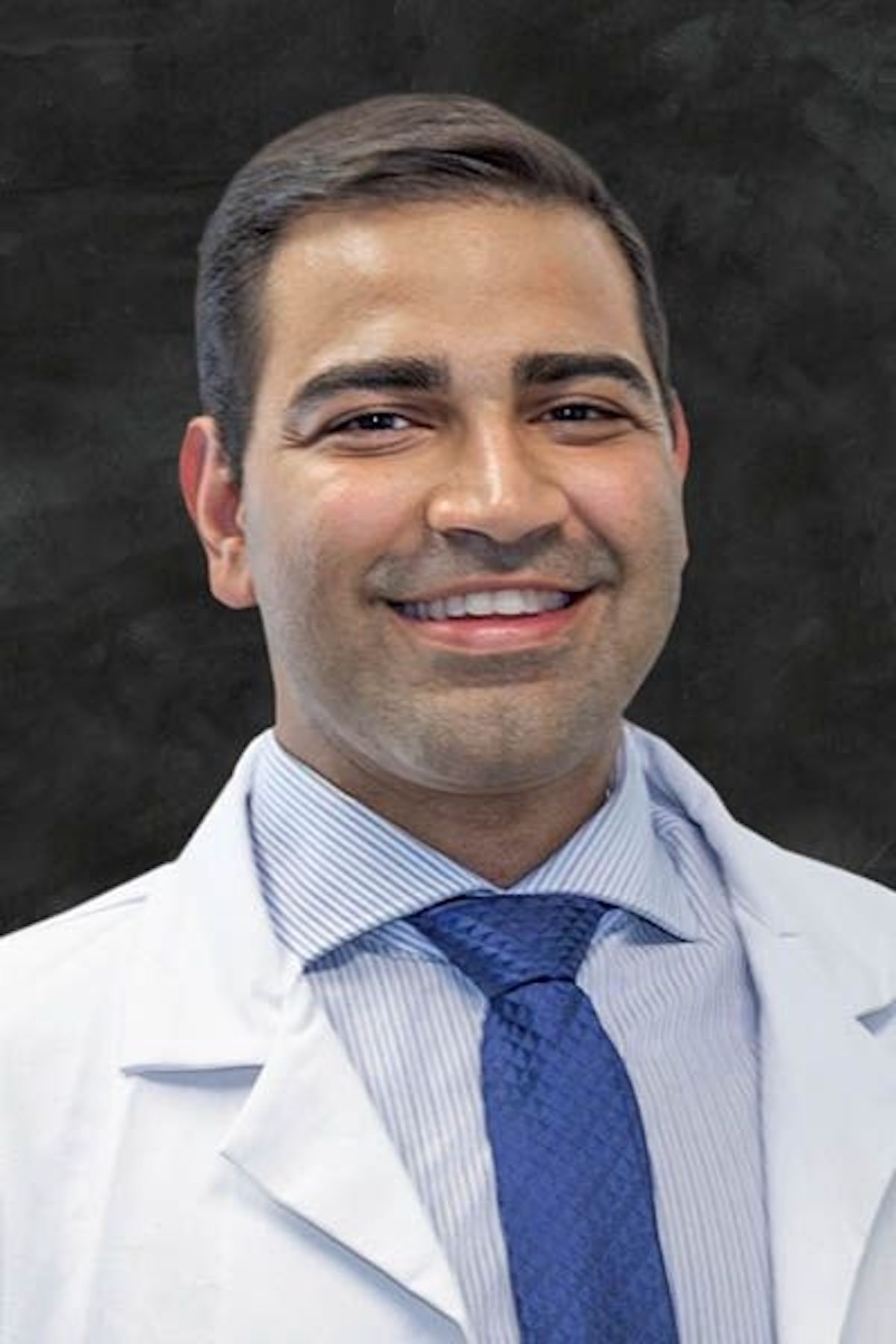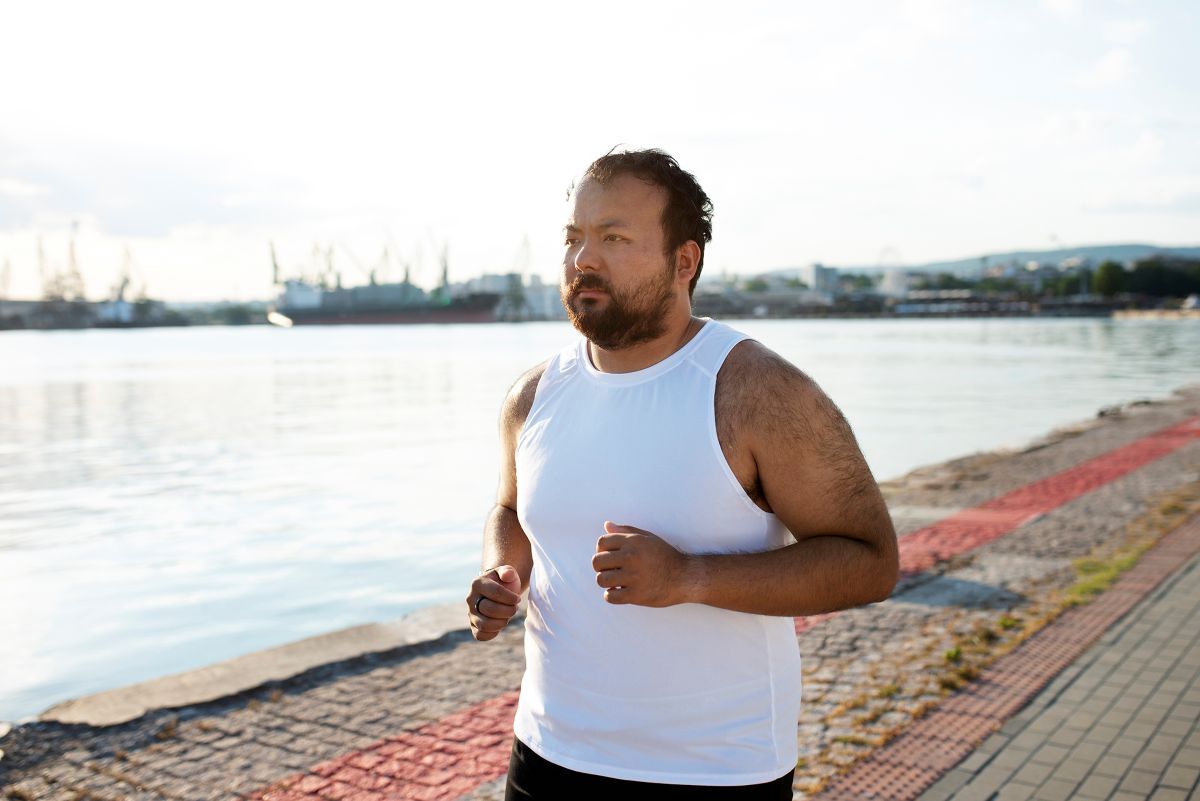
How often do you hug? Do you like to sit close and hold each other’s hands? Recent research shows it’s good for your health. Between loving partners, between parents and children, or even between close friends, physical affection can help the brain, the heart and other body systems you might never have imagined.
For centuries, artists have examined love through poetry, painting, music, and countless other arts. There is chemistry and biology of love.
At the center of how our bodies respond to love and affection is a hormone called oxytocin. Most of our oxytocin is made in the area of the brain called the hypothalamus. Some is released into our bloodstream, but much of its effect is thought to reside in the brain.
Oxytocin makes us feel good when we’re close to family and other loved ones, including pets. It does this by acting through what scientists call the dopamine reward system. Dopamine is a brain chemical that plays a crucial part in how we perceive pleasure.
Oxytocin does more than make us feel good. It lowers the levels of stress hormones in the body, reducing blood pressure, improving mood, increasing tolerance for pain, and perhaps even speeding how fast wounds heal. It also seems to play an important role in our relationships. It’s been linked, for example, to how much we trust others.
One thing researchers can say with certainty is that physical contact affects oxytocin levels. Frequent warm contact may somehow prime the oxytocin system and make it quicker to turn on whenever there’s warm contact.
Much of what we know about oxytocin has come from research in animals, and that loving care has long-term effects.
Young animals that are groomed a lot when they’re with their mothers become more comfortable exploring new environments. The ignored ones develop more anxiety disorders, produce higher levels of stress hormones and have higher blood pressure.
Research from animals confirms that the quality of care a mother gives her offspring can have long-term effects on their personality characteristics and mental health as well as physical problems like heart disease.
Most humans are genetically programmed to form social bonds. But the ability to form close bonds is shaped by early experiences. In the end, a complex interaction of genes and experience makes some people form social bonds more easily than others.
We may not yet fully understand how love and affection develop between people—or how love affects our health—but research is giving us some guidance. Give those you love all the affection you can. It can’t hurt, and it may bring a bounty of health benefits.
Source: www.nichd.nih.gov/publications/pubs/adv_in_parenting/index.cfm





